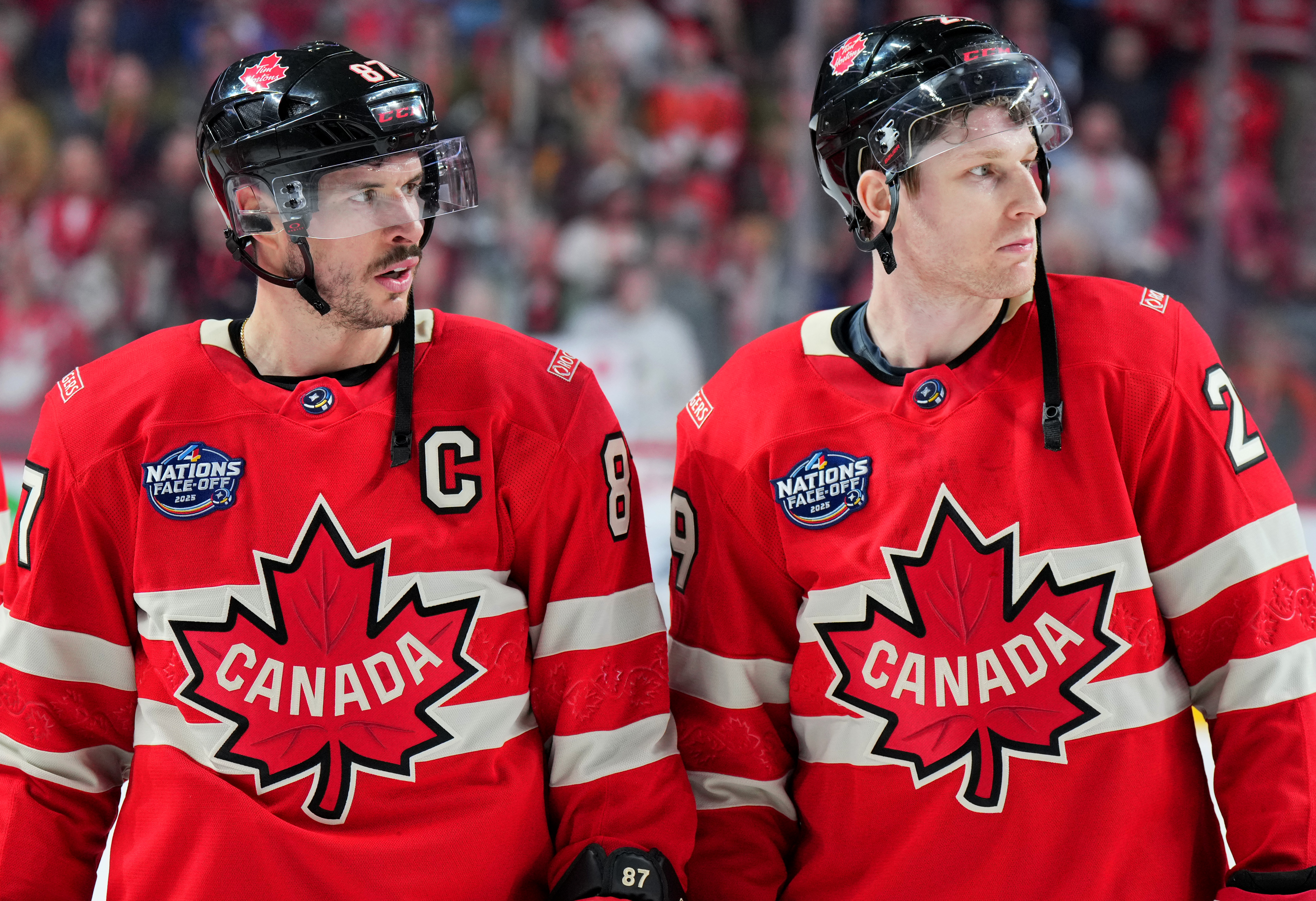Lukas Reichel will be graduating from a prospect to a full-time NHL player with the Chicago Blackhawks this season and he already looks poised for a breakout-type campaign.
Reichel spent the majority of last season in Rockford, where he racked up 51 points (20 goals, 21 assists) in 55 AHL games. But he also appeared in 23 games with the Blackhawks, talling seven goals and eight assists for 15 points. More notably, he got better with each call-up.
Reichel is looking to carry over that production into his first full NHL season with the Blackhawks, and he's coming in with a new mindset too.
"Last year I had so many chances," Reichel said. "Like when we had a 2-on-1, I tried to pass it. I feel like this year I'll try to shoot it more, be more selfish. Sometimes I'm too nice and try to make my teammates better and sometimes you've just got to shoot it and shoot with confidence."
This reminds me of when Patrick Kane broke into the NHL and he was pass-first all the time. It eventually got to a point where it became predictable and defenders knew it.
It wasn't until years later that Kane realized shooting more would actually help his playmaking ability because it kept opposing defenders honest.
As a rookie, Kane often force-fed passes during 2-on-1 opportunities. Once he started shooting more in those instances and balanced it out closer to 50-50, it opened up more lanes — and also resulted in more goals.
Chicago Blackhawks
Same thing goes for the power play and not forcing cross-seam passes. Sometimes shooting it — or being a threat to shoot — is actually what creates the lane you're trying to open up in the first place.
It sounds like Reichel is in the middle of that adjustment as well, which is an encouraging realization at this point in his career. The hard part is following through with it and putting it into consistent practice.
Feeling out of the loop? We'll catch you up on the Chicago news you need to know. Sign up for the weekly Chicago Catch-Up newsletter.
"I try to make my teammates better and sometimes you want to make a nice play," Reichel said. "But then after the play you think about it: 'I should have shot that.' You learn from it."



